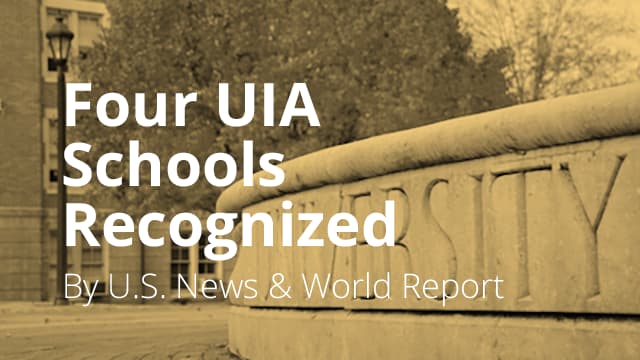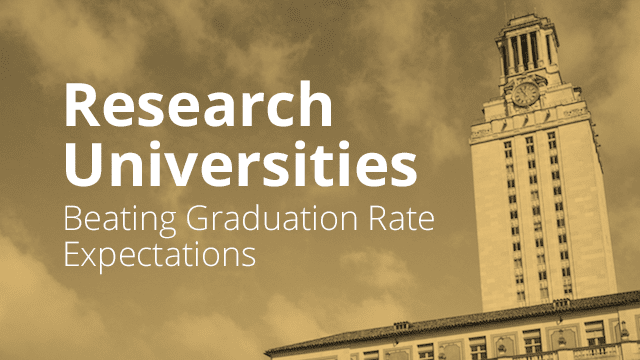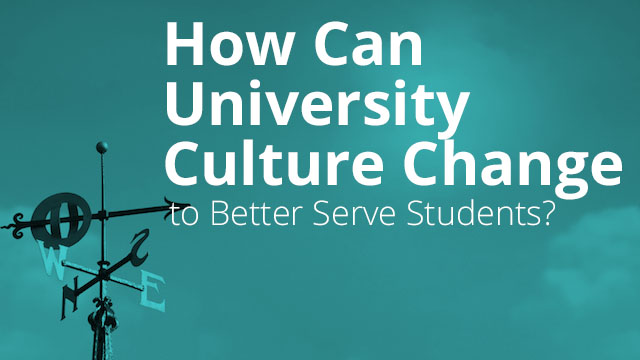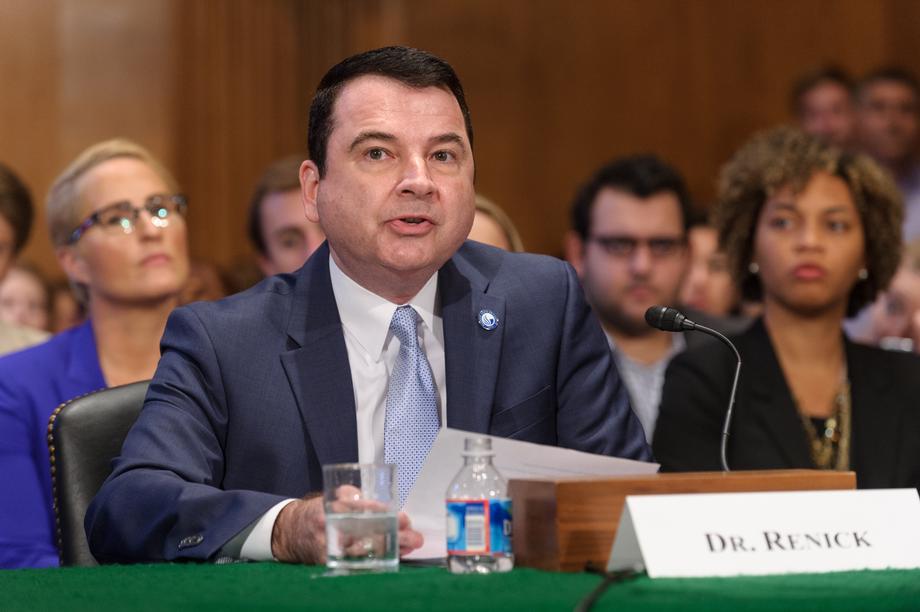PORTLAND, OR., September 13, 2016–U.S. News and World Report today announced that four University Innovation Alliance member institutions are among the nation’s most innovative universities: Arizona State University (#1), Georgia State University (#4), Purdue University (#9), and The University of Texas at Austin (#14).
In this bracing seven minute talk, ASU President Michael Crow provides a sweeping view how higher education evolved in America, from the first wave of "colonial colleges" like Harvard, Princeton, Bowdoin all the way to the current and fifth wave in which "full immersion and digital immersion are possible, costs are constrained, and the scale is all scales from individual learner to massive groups of learners."
Launching the Next Wave in Higher Education with ASU President Michael Crow
Last week we attended the 2016 ASU GSV Summit — or "Davos in Diego" as it's sometimes called — and wanted to share the archived video livestreams of our panels, particularly the popular Wednesday session, "Collaboration: the Next Force for Disruption," which also went by the title "Fast University: New Perspectives on Accelerating Innovation in Higher Ed" or as Arizona State University President Michael Crow dubbed it, "Fast University: No Longer an Oxymoron."
PORTLAND, Ore. – March 3, 2016 – The University Innovation Alliance (UIA) today announced an additional $3.85 million in new funding from the Bill & Melinda Gates Foundation, Ford Foundation, and USA Funds to support its work to improve college completion rates.
“This additional support highlights the philanthropic community’s enthusiasm for effective collaboration among colleges and universities to share and scale student success innovation,” said UIA Vice Chair and Georgia State University President Mark Becker.
For low income and first generation students, cost is often a barrier to college, but deeply entrenched cultural elements of the university experience can act as obstacles as well. How are innovative higher ed leaders shaking things up and which new values are they embracing?
Recently the venerable Washington Monthly took a look at "America's Ten Most Innovative College Presidents" and evaluated college presidents in a refreshing way. Instead of focusing on traditional success factors like selectivity, prestige, and the size of the university’s endowment, it featured presidents who have rolled out innovations in diversity, research, and affordability.
Georgia State University Vice President Dr. Tim Renick recognized for commitment to sharing university’s experience using predictive analytics to improve student success rates.






